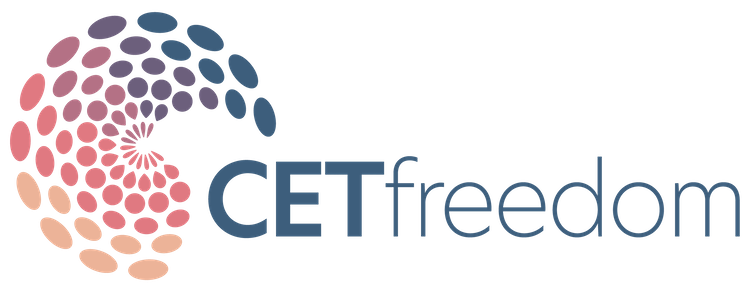Success and fulfillment seem more elusive in today’s fast-paced, ever-changing world. We are bombarded with countless distractions, pressures, and expectations that can quickly derail our best intentions and plans. Amidst this whirlwind of challenges, one essential skill stands out as critical to our personal and professional growth: emotional intelligence. This often-overlooked skill set is the key to unlocking our potential and achieving our desired success and fulfillment.
Emotional intelligence, or EQ, is the capability to identify, understand, and manage our emotions and the emotions of others effectively. It involves self-awareness, empathy, and a healthy dose of self-regulation. In this article, we will explore the vital role that emotional intelligence plays in our lives and how to develop and strengthen our EQ to create a mindset for success and fulfillment. So, without further ado, let’s dive into emotional intelligence.
Importance of Emotional Intelligence: Unlocking Potential and Fostering Success
A strong EQ is essential for personal and professional growth, as it allows us to navigate the complexities of human interactions with grace and skill. Emotionally intelligent individuals can effectively manage their emotions, avoiding impulsive reactions and making more thoughtful decisions. This ability to regulate emotions and maintain composure under pressure is crucial for success. It helps build trust, improve communication, and foster collaboration.
Emotional intelligence enables us to empathize with others and understand their needs and perspectives, enhancing our interpersonal relationships. Connecting with people on a deeper level is invaluable in personal and professional settings. It allows us to inspire, motivate, and influence those around us, leading to more effective teamwork and leadership.
Enhancing Fulfillment and Well-being
In addition to its impact on success, emotional intelligence plays a pivotal role in our overall well-being and fulfillment. Emotionally intelligent individuals possess a high degree of self-awareness, which enables them to recognize and understand their own emotions, as well as their triggers and patterns. This awareness facilitates personal growth and self-improvement, increasing satisfaction and fulfillment.
Furthermore, emotional intelligence is linked to improved mental health, as it helps us to manage stress and cope with difficult situations more effectively. Understanding and regulating our emotions, we can navigate challenging circumstances with resilience and maintain a positive outlook, ultimately enhancing our well-being and happiness.
Developing and Strengthening Emotional Intelligence
Cultivating emotional intelligence is a lifelong journey, but the rewards are worth the effort. The following strategies can help you develop and strengthen your EQ, paving the way for success and satisfaction in every aspect of your life.
- Exercise self-awareness: Begin by paying attention to your emotions and their triggers. Reflect on your feelings and reactions, and strive to understand the underlying causes. Journaling or meditation can be helpful tools for enhancing self-awareness.
- Develop compassion: Put yourself in others’ shoes and try to understand their feelings and perspectives. Listen actively, without judgment, and offer support when appropriate. This will deepen your connections and foster trust and collaboration.
- Develop self-regulation: Learn to manage your emotions effectively by practicing deep breathing, mindfulness, or visualization techniques. Focus on responding thoughtfully, rather than reacting impulsively, to challenging situations.
- Enhance your communication skills: Practice active listening and develop your ability to express your emotions and thoughts clearly and assertively. Effective communication is crucial for managing conflict and maintaining healthy relationships.
- Seek feedback and be open to growth: Embrace constructive criticism and be willing to learn from your mistakes. Strive for continuous improvement and personal growth, and remember that developing emotional intelligence is an ongoing process.
Building Emotional Intelligence in Teams and Organizations
For teams and organizations to thrive in today’s competitive landscape, fostering emotional intelligence at every level is crucial. Organizations can collectively enhance collaboration, communication, and overall performance by developing EQ. Below are some strategies for cultivating emotional intelligence in teams and organizations:
- Offer emotional intelligence training: Implement EQ training programs for employees at all levels, focusing on developing self-awareness, empathy, self-regulation, and effective communication. Equipping team members with the necessary tools and knowledge can create an emotionally intelligent workforce better equipped to navigate challenges and achieve success.
- Encourage open communication: Create a transparent and open dialogue where employees feel comfortable expressing their emotions and thoughts without worrying about judgment or retribution. This fosters trust, collaboration, and innovation and reduces misunderstandings and conflicts.
- Provide regular feedback: Establish a system of regular feedback from peers and supervisors to help employees identify areas for improvement and growth. Ensure that feedback is constructive, focusing on specific behaviors and offering actionable suggestions for improvement.
- Model emotional intelligence from the top: Leaders play a crucial role in shaping the emotional climate of an organization. By demonstrating emotionally intelligent behaviors, such as empathy, self-awareness, and effective communication, leaders set the tone for the rest of the team and create an environment that fosters EQ development.
- Recognize and celebrate emotionally intelligent behaviors: Acknowledge and reward employees who exhibit strong EQ skills, such as effective conflict resolution, empathy, and self-regulation. This encourages these behaviors and reinforces their importance within the organization.
By prioritizing the development of emotional intelligence in teams and organizations, leaders can create a more supportive, collaborative, and resilient workforce that is better equipped to adapt and excel in an ever-changing world. Embracing emotional intelligence as a collective value will enhance the performance, innovation, and overall well-being of everyone involved.
Conclusion:
Emotional intelligence is a vital skill that profoundly impacts our success, fulfillment, and overall well-being. By developing and strengthening our EQ, we can unlock our full potential and navigate the complexities of life with resilience, empathy, and grace. As we enhance our self-awareness, empathy, self-regulation, communication skills, and openness to growth, we create a mindset that paves the way for lasting success and fulfillment.
To further your emotional intelligence and personal growth journey, consider exploring cetfreedom. This platform offers resources and support to help individuals cultivate emotional intelligence and achieve a balanced, fulfilling life. You can develop the emotional intelligence necessary to thrive personally and professionally with commitment and persistence. Embrace the journey, and the rewards will be immeasurable.








